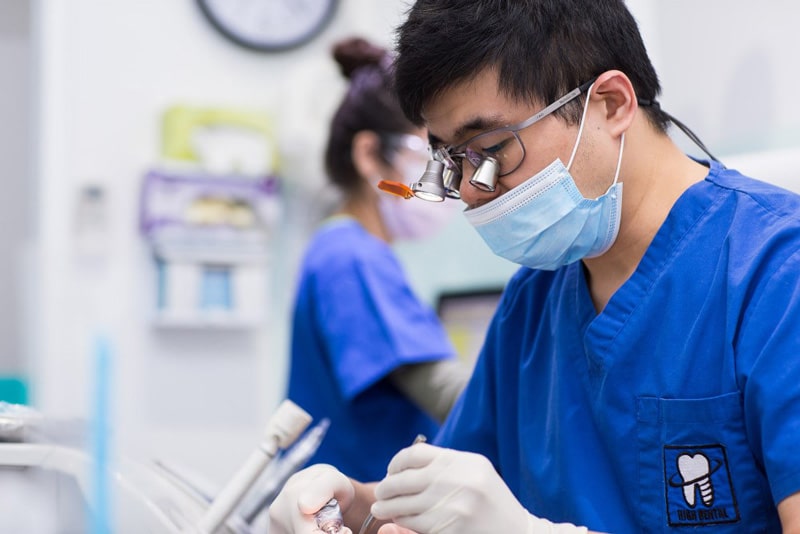Concentrated Growth Factors In Implant Dentistry
- Health Funds & Finance Available
- Full Mouth X-ray Facility
- Dental Cleaning treatment

Concentrated Growth Factors In Implant Dentistry
Concentrated growth factors, or CGF, is used in implant dentistry to accelerate the healing process after a dental implant treatment has been performed. To perform this therapy, Concentrated Growth Factors (CGF), are derived from a patient’s own blood using a state of the art centrifuge to separate stem cells from blood pigments.
How Does CGF Assist With Healing in Implant Dentistry?
CGF is simply a large number of growth factors with CD34+ stem cells concentrated in a small volume of plasma. Blood is the best material for helping surgical treatments to heal because it is natural and because of its tissue sealing properties derived from fibrin, nature’s very own adhesive. In addition, CGF can enhance ontogenesis and wound healing. CGF acts by accelerating the regeneration of endothelial, epithelial, and epidermal cells. It also is responsible for enhancing collagen synthesis while stimulating the process of angiogenesis.
How Does CGF Act?
CGF works directly by degranulation of the alpha granules in platelets. When the platelets that are found in CGF are activated by thrombin, growth factors and other molecules are released to assist with wound healing. The direct impacts on the wound are that connective tissues begin to heal and collagen synthesis and angiogenesis also takes place. The cells begin to multiply and a cellular matrix is formed along with the production of the osteoid, which develops into mature lamellar bone over time.
What Are the Benefits of Using CGF?
CGF has many benefits, in addition to the wound healing properties that it offers. It can reduce dermal scarring, revert the inhibition of wound healing caused by glucocorticoids, and enhance the hemostatic response to injury. In addition, CGF also has antimicrobial properties thanks to the high leukocyte concentration that is found in CGF.
Is CGF Safe?
CGF has proven to be safe and effective and it can be easily applied in surgical and therapeutic applications. Since the patient’s own blood is used as a part of this procedure, the likelihood of an allergic reaction or infection is quite low. In addition, this process has shown to be both natural and effective for helping patients to heal after dental implant treatments.
CGF isn’t only used in implant dentistry. In fact, it has other applications in head and neck surgery, otolaryngology, cardiovascular surgery, oral and maxillofacial surgery, and cosmetic surgery and periodontics ligament diseases. However, patients still need to be adequately screened prior to application with a pre-treatment haematologic evaluation. Patients with anemia, thrombocytopenia, and other conditions that result in deficiency of platelets in the blood may not be eligible for treatment with CGF. Other potential contraindications include haemodynamic instability, severe hypovolemia, unstable angina, sepsis and anticoagulant or fibrinolytic drug therapy.
Talk to Your Dentist
Only a dentist can determine whether implant dentistry with concentrated growth factors is the right option to restore your smile. Make an appointment today at our Elsternwick dental clinic to learn more about dental implants and we’ll provide you with more information on your treatment options.
Contact Us
Get your dental health back on track with us

